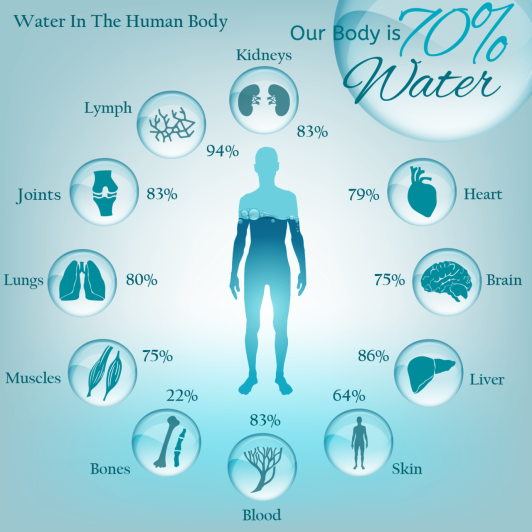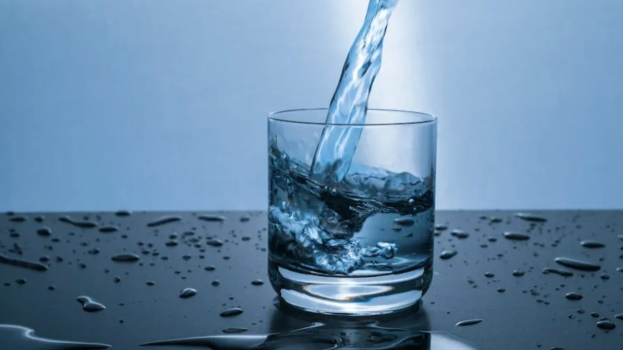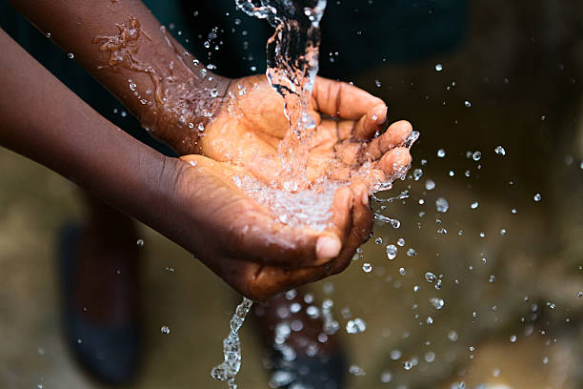Water is the foundation of life. Every cell, tissue, and organ in the human body needs water to function properly. Yet, many people underestimate the importance of clean drinking water and take it for granted. In reality, water quality can have a significant impact on your health, wellbeing, and quality of life. Whether you’re drinking from a tap, a bottle, or a purifier, the cleanliness and purity of your water should never be overlooked.
In this article, we’ll explore why clean drinking water matters more than most people realize, the hidden risks of contaminated water, and how you can ensure the water you consume is safe and healthy.
1. The Role of Water in the Human Body

Water plays a crucial role in virtually every bodily function:
- Hydration: Regulates body temperature and keeps cells functioning.
- Digestion: Aids in breaking down food and nutrient absorption.
- Detoxification: Flushes toxins and waste from the body via urine.
- Circulation: Keeps blood flowing, carrying oxygen and nutrients.
- Skin Health: Maintains skin elasticity and a healthy complexion.
You can survive without food for weeks, but only a few days without water. That’s why the quality of water you consume is just as important as its quantity.
2. Hidden Dangers in Contaminated Water

Many water sources contain contaminants that are invisible to the naked eye, yet harmful to your health. Common pollutants found in untreated or poorly treated water include:
- Bacteria and Viruses: Can cause stomach infections, diarrhea, cholera, typhoid, and hepatitis A.
- Heavy Metals: Lead, mercury, and arsenic can lead to neurological damage, kidney problems, and even cancer.
- Pesticides and Industrial Chemicals: Found in groundwater due to agricultural and industrial waste.
- Microplastics: Tiny plastic particles that enter water sources through pollution.
- Excess Minerals: While some minerals are healthy, excess iron, fluoride, or nitrate can be harmful.
Drinking contaminated water may lead to both acute and long-term health problems, particularly in children, the elderly, and people with weakened immune systems.
3. Global Perspective: A Worldwide Issue
According to the World Health Organization (WHO):
- Over 2 billion people worldwide lack access to safely managed drinking water.
- Contaminated drinking water is estimated to cause 485,000 deaths each year due to diarrheal diseases.
Even in developed countries, aging infrastructure, pollution, and poor maintenance can compromise water quality. This makes home water filtration increasingly important, regardless of where you live.
4. The Benefits of Drinking Clean Water
Drinking clean, purified water offers numerous benefits that go beyond basic hydration:
4.1. Improved Digestive Health
Clean water helps maintain a balanced gut environment and supports healthy digestion by eliminating harmful bacteria and toxins.
4.2. Better Nutrient Absorption
Pure water allows for more effective absorption of nutrients and minerals from food, which enhances overall health and energy levels.
4.3. Enhanced Cognitive Function
Proper hydration with clean water boosts brain function, improves focus, and helps regulate mood.
4.4. Healthy Skin and Hair
Clean water flushes out toxins and maintains skin moisture, reducing the appearance of acne and dullness.
4.5. Stronger Immune System
Purified water removes pathogens and heavy metals that can weaken the immune system over time.
5. Bottled Water vs. Filtered Water
Many people turn to bottled water for its perceived cleanliness. However, bottled water has its downsides:
- Cost: Significantly more expensive over time than filtered tap water.
- Environmental Impact: Contributes to plastic waste and pollution.
- Quality Inconsistency: Some bottled water is just filtered tap water with no added health benefits.
Using a high-quality water purifier is a more sustainable, economical, and eco-friendly way to ensure safe drinking water.
6. How to Ensure Your Water is Clean

6.1 Test Your Water
Start by testing your tap water for TDS (Total Dissolved Solids), pH level, and potential contaminants. Home testing kits are affordable and widely available.
6.2 Choose the Right Water Purification System
Depending on your water source and quality, you can choose from:
- RO (Reverse Osmosis) Purifiers
- UV Purifiers
- Activated Carbon Filters
- Alkaline Water Purifiers
Each type of purifier serves different needs, and many modern systems combine multiple technologies.
6.3 Regular Maintenance
Keep your purification system in top condition by replacing filters on time and cleaning water tanks regularly.
6.4 Avoid Contamination During Storage
Use clean, BPA-free containers for storing drinking water and avoid prolonged exposure to sunlight.
7. Special Considerations for Vulnerable Groups
Clean drinking water is especially important for:
- Infants and children: Developing immune systems are more susceptible to toxins.
- Pregnant women: Contaminants can harm both mother and unborn child.
- Elderly individuals: More prone to waterborne illnesses and dehydration.
- People with chronic illnesses: Clean water supports organ function and recovery.
Conclusion
Water is life—but only if it’s clean. Drinking contaminated water can pose serious health risks, while clean water strengthens every system in the body. In an era of growing pollution and aging infrastructure, ensuring access to safe drinking water has never been more important.
By understanding the hidden dangers of unclean water and taking proactive steps to purify and test your water, you’re investing in your health, your family's wellbeing, and the environment. Clean water matters more than you think—and it’s a choice you can make every single day.
--------------------------------------------------------------------------------------------------------------
SANAKY VIETNAM., CO LTD - Manufacturer of Chest Freezer - Upright Cooler, Transformer, RO Water Purifier...
? Website: www.sanaky-vn.com
☎ Hotline: (+84) 986123903
 Vietnamese
Vietnamese  English
English  Chinese
Chinese  French
French  Spanish
Spanish  Russian
Russian  Arabic
Arabic  Portuguese
Portuguese